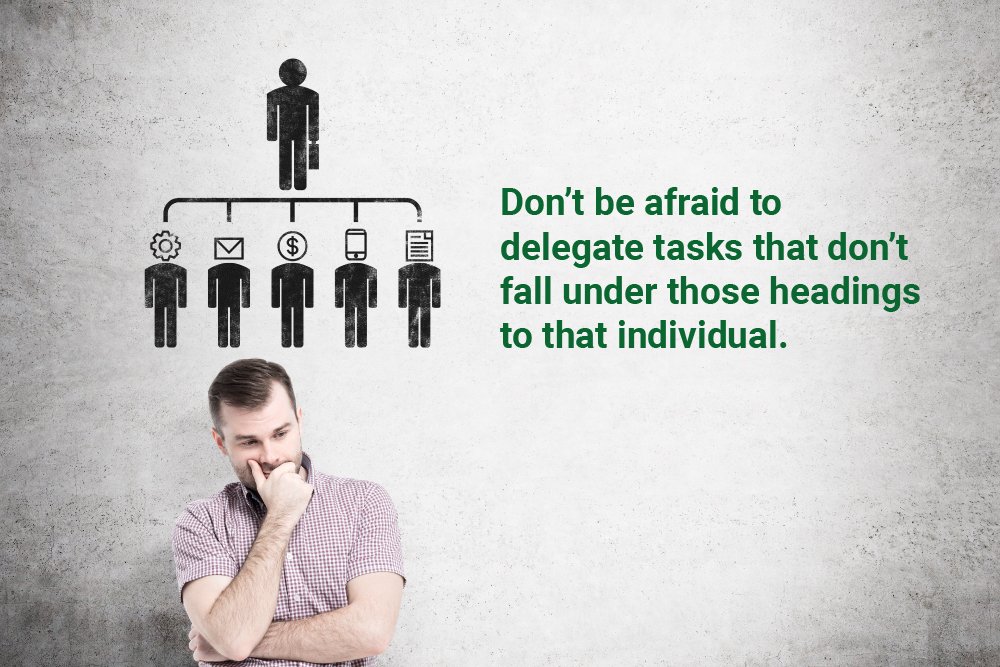How To Not Fail At Real Estate
The real estate industry is one of the most competitive in the world. With thousands of new agents receiving their licenses to represent clients every year, it is important that you find the best new real estate tips to keep yourself competitive. One of the best ways to ensure that you’re in a position to succeed is to ensure that you’re not making the three fatal flaws that many new agents make. According to statistics, 87% of new real estate agents will quit the industry within two years of receiving their license, which means that 87% of agents fail.
Offering 24/7 Availability
No real estate agent wants to lose clients. Whether you’ve just received your license or you’ve been in the industry for years, the importance of obtaining and maintaining a steady stream of clients is the backbone of your business. Unfortunately, new agents often assume that the only way to cement their position in the industry is to make themselves available 24/7. While it’s crucial to provide excellent service to every client, this doesn’t mean that you must be on call at all times.
The decision to be a 24/7 agent is often the byproduct of a faulty mindset. When you allow fear of losing clients to be the driving force in your real estate business, you begin to operate with a scarcity mindset instead of an abundant mindset. It’s essential to focus on what you’re gaining instead of what you’re losing. All your new real estate agent resources are abundant except for your time. No matter how busy the market is in which you’re working, you only have 24 hours on a given day.
Additionally, if you say yes to every client, who and what are you saying no to? Failing to take the time you need for self-care and nurturing the relationships in your life can not only impact your physical, mental, and emotional health, but failure in those areas will quickly lead to failure in your business.
Combating the 24/7 mindset is simpler than you think. Start by changing your mindset concerning your business. While you may work for a large brokerage, your personal real estate practice is your own business and should include a new realtor business plan. As a part of that business plan, make sure that your social media pages, such as Facebook and Instagram, convey your hours of operation.
Time management is one of the most important aspects of achieving success as a real estate agent. Make sure that your personal strategy includes blocks of time to work on lead generation, customer retention, personal development, and administrative work. As a new agent, you’re probably not in a position to delegate those tasks to others, which means that it’s your responsibility.
Finally, establish protocols for every possible scenario, and stick to them. When you set expectations upfront with clients, they will appreciate your boundaries. This also includes implementing emergency protocols that you can fall back on if and when the unexpected happens.
Two of the most appealing aspects of getting into real estate are flexibility and financial freedom. When you take control of your schedule, you’re putting yourself in a position to embrace both of those fully.
Living Commission to Commission
It’s easy to fall into the trap of solely focusing on the next commission check, leaving you in a position to stress when you’re between deals. Most agents fall prey to this fatal flaw because they haven’t learned how to budget their money effectively. This leads to a perpetual roller coaster that agents can never get off of. Some of the best resources for new realtors teach them how to create and stick to a budget effectively.
When you live from one check to the next, you’re left feeling fearful the first time that you don’t have an active client who is ready to buy or sell a home. While the momentum of a current deal may carry you up one side of the rollercoaster, not having other clients in your pipeline and no deals close to closing can lead to a state of fear regarding what you’re going to do next.
Some of the ways to combat this are incredibly simple. Speak with a CPA, preferably one who is at least somewhat familiar with the real estate industry. It’s important to note that you are responsible for preparing and paying your own taxes and fulfilling all your other financial requirements as an agent. Open up bank accounts that are solely for your business. This will enable you to effectively track what you’re spending both personally and for your business. You can also attend the next Profit Sense Class, which provides a myriad of real estate training for new agents, emphasizing financial management.
Make sure to keep a few financial keys in mind. First of all, your commission checks aren’t entirely yours, and the brokerage that you work for will collect a portion of that check. Develop a positive mindset about money, which ensures that you’re viewing it as a tool. Your money needs to last, so taking the right approach to your finances is crucial.
Using Busy as an Excuse
Many new realtors struggle to understand the difference between being busy and productive. Yes, you can always be busy doing something in your real estate practice, but that doesn’t mean you’re always being productive. This often stems from new agents who don’t know what they’re supposed to be doing. This issue only further heightens the need for new real estate agent training like the kind we offer on our podcast.
In addition to making the real estate industry look bad to clients, being “too busy” generally leads to having no clients to work with, as you come across as “too busy” to work with new clients. It also leads to burnout, which is why 87% of new agents don’t make it past 24 months.
There are five areas that all real estate agents should focus on. If something that you’re spending time doing doesn’t fit under the heading of these five areas, it’s simply not that important. These five areas include lead generation, follow-up, appointments, negotiating contracts, and practice scripts. If someone in your office can handle some administrative tasks, don’t be afraid to delegate tasks that don’t fall under those headings to that individual. When you choose to focus on things that match your vision and purpose, you have more time to focus on the things that matter.
If you find yourself saying that you’re too busy, it’s an excellent time to take a step back and evaluate your personal practices. Take a hard look at how you’re working and see if there are any areas where you could start saying no. Remember, you don’t always have to say yes, putting yourself on-call 24/7. It’s also a good idea to make sure you take some days off every month. Your real estate business is a job just like any other, and taking days off ensures that you’re ready to give your clients your very best. Finally, make sure that you’re being proactive instead of reactive. There are things that you will have to react to in your business. However, proactively tackling specific tasks can help ensure that you’re productive instead of just being busy.
If you can avoid committing these three fatal flaws, it can help you succeed in the real estate industry. At Game Changer Realty, our programs are designed to help agents reach their full potential while carving out their niche in an incredibly crowded, competitive industry. Check out our application page if you think that the Game Changer Realty program could benefit you. The process is simple:
• Fill out the application.
• Within 24-48 hours, a member of our team will contact you and let you know if you’ve been granted an interview.
• After your interview (if you’ve been accepted), we will send you some prerequisites to complete.
• Once those are completed, you will be onboarded to our team and your training will start.
• Start selling!
You can be a successful real estate agent, and our team would love to work with you to make that dream a reality.





